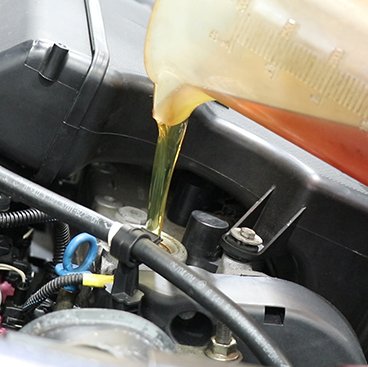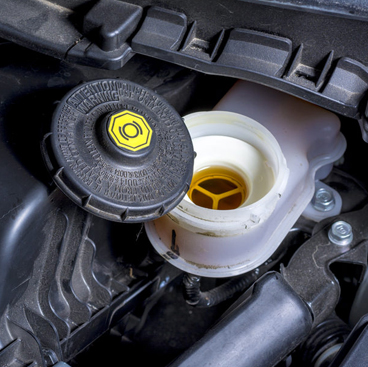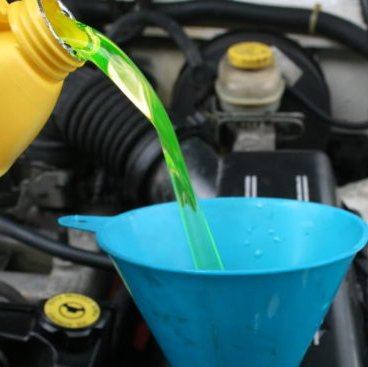Exploring Engine Oil Types

Engine oils are the lifeblood of your vehicle’s internal combustion engine, ensuring its smooth operation, longevity, and overall performance. These oils are available in three primary categories, each offering distinct characteristics and advantages to cater to the diverse needs of modern engines.
- Mineral Oil:
- Origins: Mineral oils are sourced from naturally occurring crude oil deposits. They undergo a rigorous refining and purification process to eliminate waxes, impurities, and contaminants.
- Viscosity: Mineral oils are typically associated with higher viscosity grades, giving them a thicker consistency. This viscosity is essential for engines that require more lubrication under heavy loads and extreme conditions.
- Lifespan: Mineral oil typically provides effective lubrication for approximately 5,000 kilometers. After this point, it may lose some of its protective properties and necessitate an oil change.
- Semi-Synthetic Oil:
- Composition: Semi-synthetic, or partially synthetic oils, are an ingenious blend of both mineral and synthetic components. This combination harnesses the strengths of both types.
- Performance: Semi-synthetic oils strike a harmonious balance between performance, engine protection, and fuel efficiency. They outperform mineral oils in terms of protecting your engine, yet they don’t quite match the peak performance of fully synthetic oils.
- Lifespan: Typically, semi-synthetic oil can serve your engine well for around 10,000 kilometers before requiring replacement.
- Fully Synthetic Oil:
- Chemical Engineering: Fully synthetic oils are meticulously crafted through chemical synthesis to meet the rigorous demands of modern engines. This tailored approach makes them more expensive to produce, but the results are remarkable.
- Performance: Fully synthetic oils are renowned for their top-notch performance, exceptional engine protection, and superb fuel efficiency. They excel in extreme conditions, maintaining stability at very high temperatures and fluidity in cold weather.
- Lifespan: The longevity of fully synthetic oil is impressive, with many variants capable of sustaining engine protection for up to 20,000 kilometers. This extended lifespan reduces the frequency of oil changes, which is both cost-effective and convenient.
The choice of engine oil depends on various factors, including your vehicle’s make and model, driving conditions, and personal preferences. Fully synthetic oils are ideal for high-performance engines and extreme conditions, offering the best protection and fuel efficiency. Semi-synthetic oils strike a middle ground, suiting a wide range of vehicles. Mineral oils, while more basic, can still be effective for less demanding applications.
Remember that regardless of the type of engine oil you choose, it’s essential to adhere to regular maintenance schedules and replace the oil as recommended by your vehicle’s manufacturer. This practice ensures the longevity of your engine and the continued reliable performance of your vehicle.








